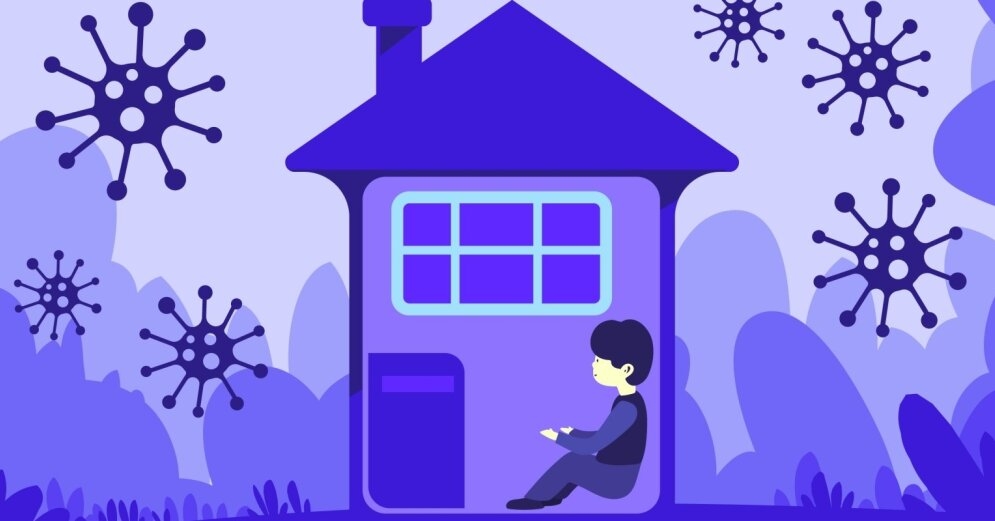The effectiveness of primary vaccination and the need for a booster vaccine are currently the hottest topics, which is of course logical, as a large part of the population completed their primary vaccination course six months ago, which is the average age at which vaccine effectiveness begins to decline. In addition, we have just discovered a new omicron of the SARS-CoV-2 virus strain, which is still largely unknown, but which experts believe could potentially be even more contagious than the delta strain. waiting for a support vaccine that affects the effectiveness of vaccines and is there any way to determine how much vaccines still protect us?
When it comes to the effectiveness of vaccines, there are a few things to keep in mind. First of all, according to Anita Villeruša, Associate Professor of the Department of Public Health and Epidemiology at Riga Stradins University (RSU), Chair of the Latvian Public Health Association and Member of the State Immunization Council (IVP), no vaccine is a panacea for all diseases. none of the manufacturers promised that any of the vaccines provided a 100% guarantee against getting sick. And the likelihood of getting sick is related to a number of factors, such as how often we come in contact with the patient, our own immune response and the body’s ability to fight infectious diseases, and how we follow other safety precautions.
Secondly, Villerus emphasizes that all Covid-19 vaccines currently in use in the country are still effective and that vaccination is the only and best way to stop a pandemic, to protect ourselves, our fellow human beings and society as a whole from Covid-19.
Therefore, it is not for nothing that manufacturers have adapted vaccines for use in children from the age of five, and IVP has also approved their use in Latvia.
The effectiveness of different vaccines varies
Turning to the effectiveness of vaccines, Villerus explains that the effectiveness of vaccines is measured by comparing a person’s risk of becoming infected with the virus by comparing whether or not the person has been vaccinated.
–


